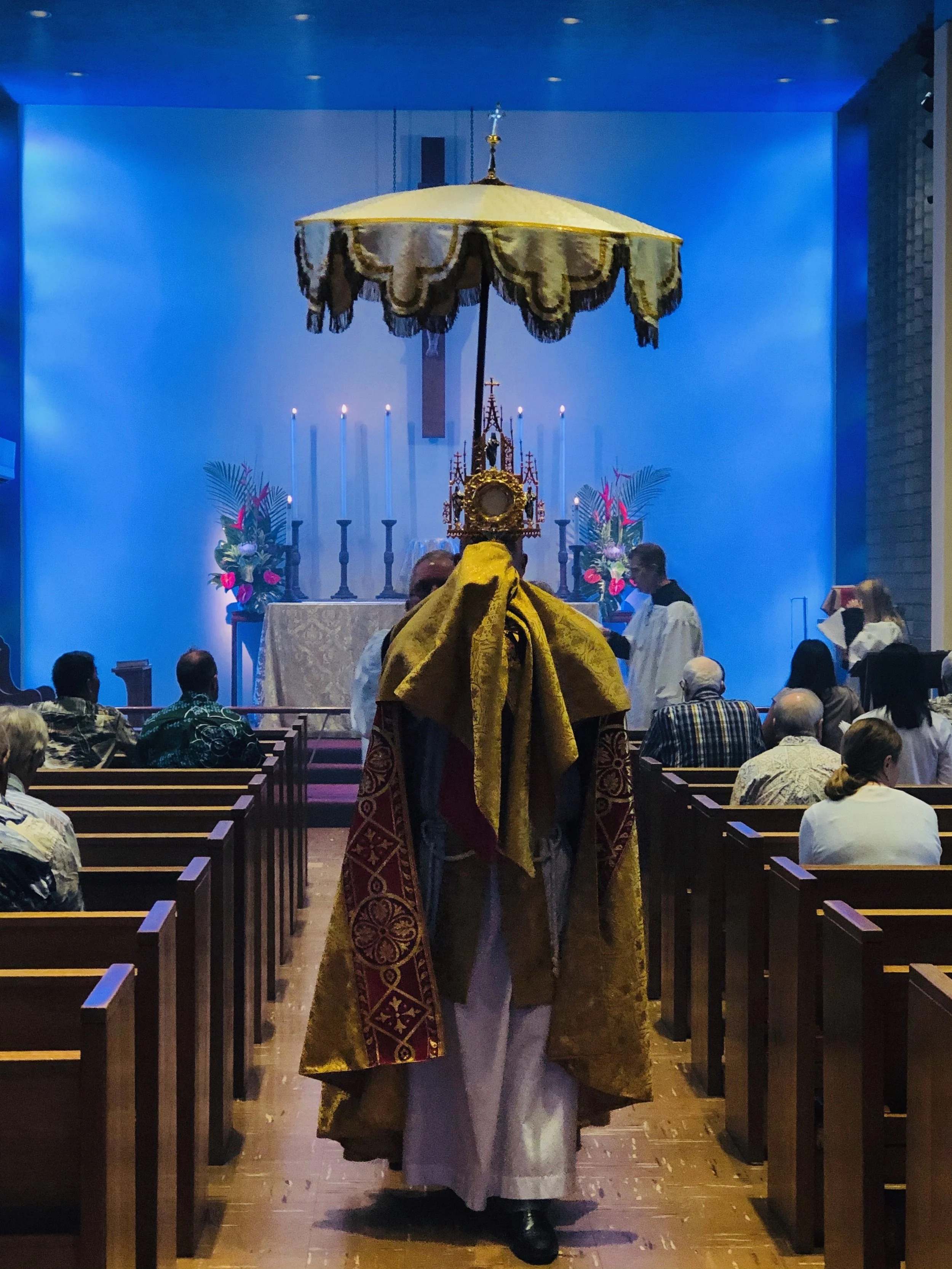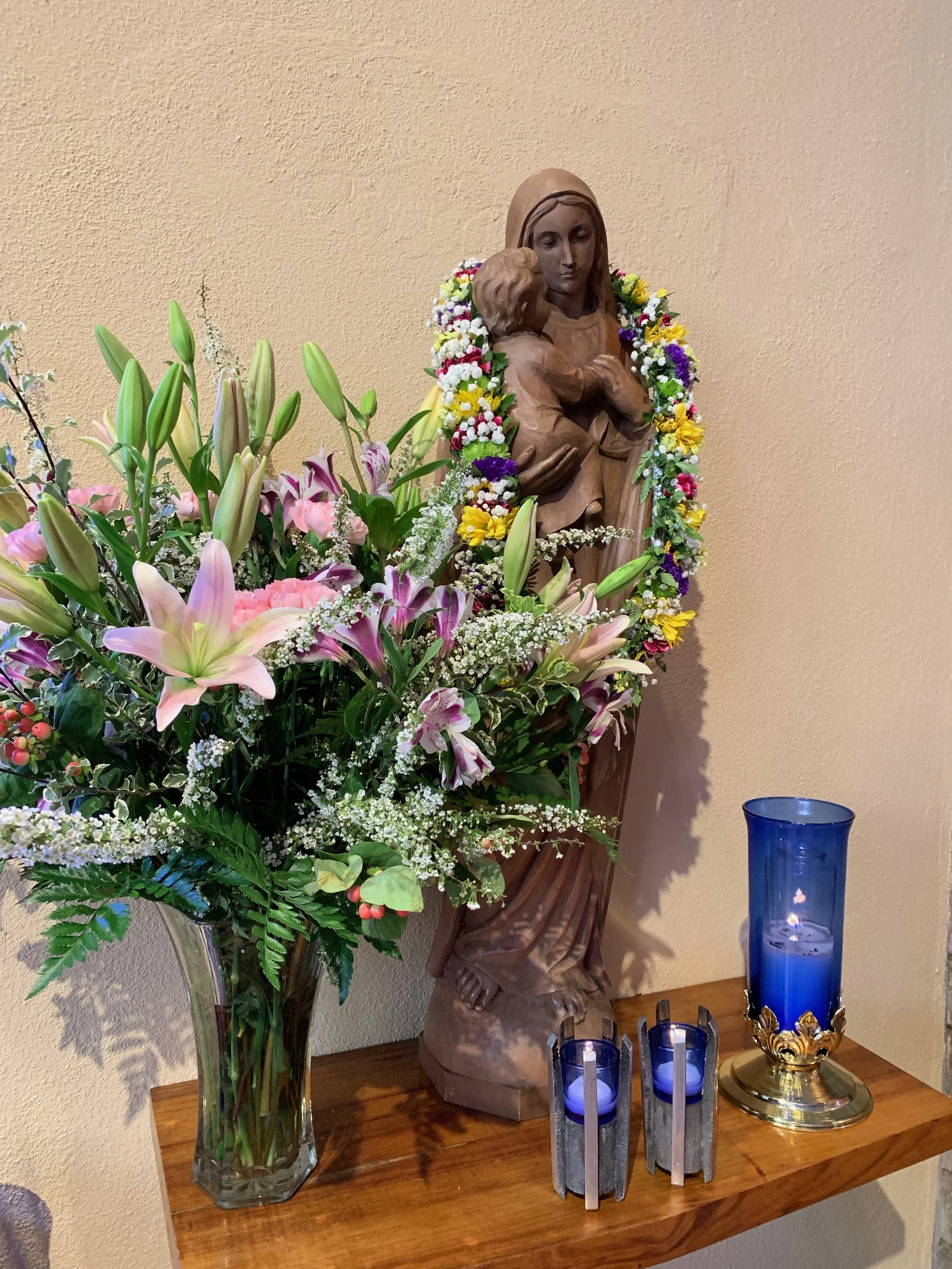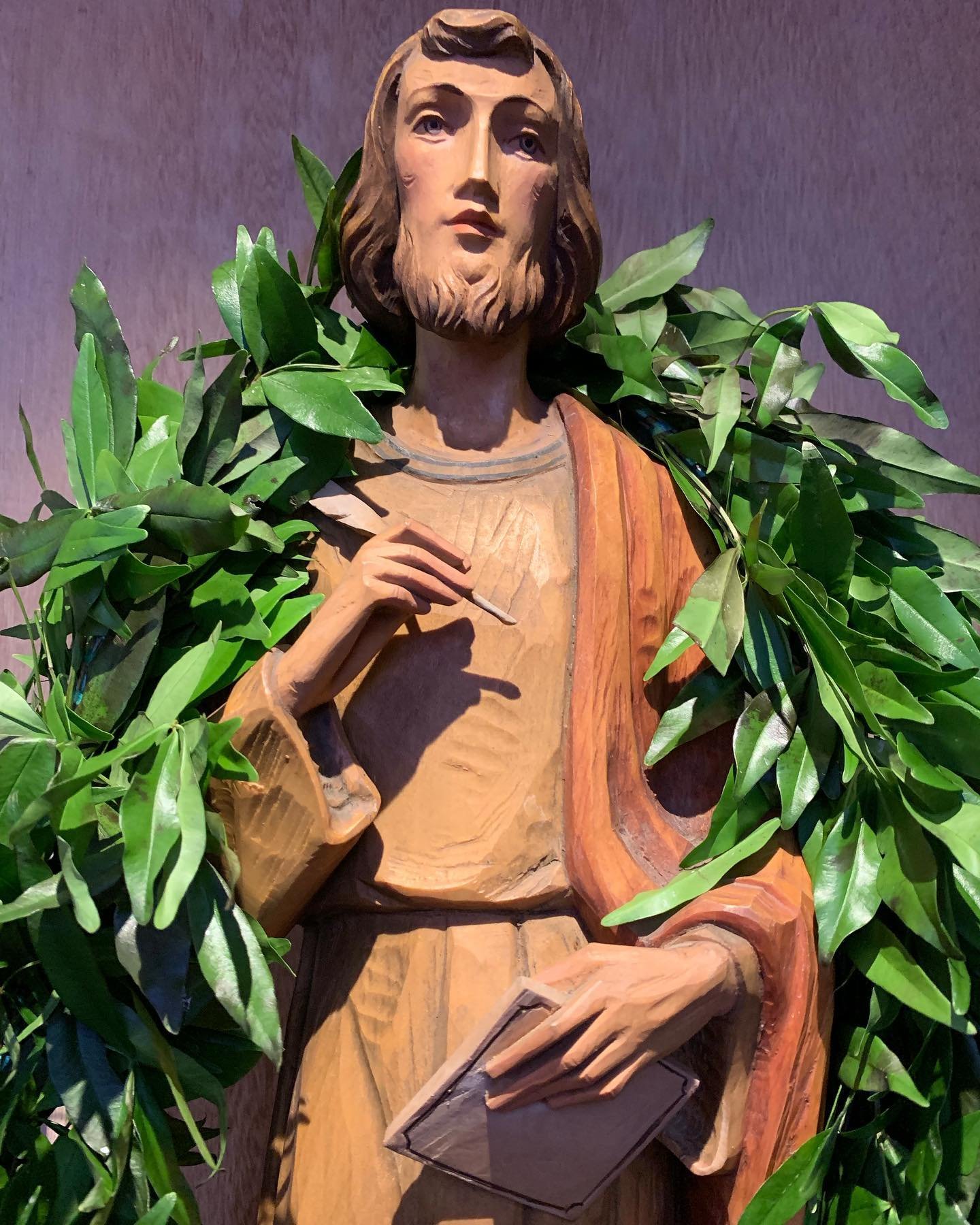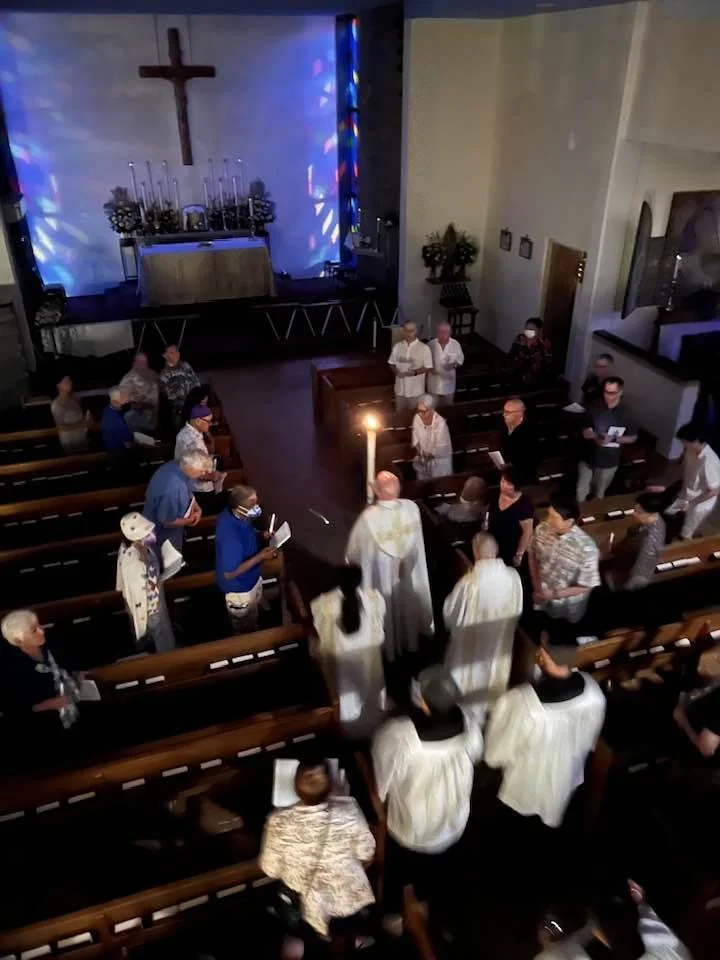From the Rector: Generosity & Responsibility
/Shortly after I arrived in the Diocese of Hawai'i five years ago, I overheard someone at a community function say that they left St. Mark's because our church was always asking for money. They did not know I overheard their comment, and they did not know who I was at that time. Privately I was pleased with the former member's comment. Churches should always be asking for money, and they should always be finding new ways to spend the money they have. After all the need is great, and there is a lot of ministry to do. Churches need money to accomplish their mission.
We have received many pledge cards for 2014, and so far we have a solid $150,000 in pledges. Some have not turned in their pledge cards yet, and we keep praying to receive them soon. The pledge amount in the 2013 budget was $166,000. However, this year we truly need to reach a higher goal. Optimally we would achieve $200,000 in pledge income. Wouldn't that be nice! This would be a very healthy amount as it would then comprise about two-thirds of our parish income.
The reality is that we do not have a great endowment at St. Mark's. We are fortunate that we do make some money through rental income streams. Otherwise if we want it, we have to pay for it - plain and simple. Many would say this is a gift, because churches with big endowments often have poor stewardship practices. The people get lazy and simply depend on the money of dead people. We also try to keep the pledge process and budget process separate in the church. Pledging is about teaching people generosity. We do not ask people to pledge to balance the budget.
And yet we are all responsible for the health of the church's finances. I have been doing some reading on stewardship lately, and many church leaders are questioning the old methods of separating church finances from stewardship campaigns. The critique is that such stewardship teaching foments one of our society's greatest problems - namely people not taking responsibility or accountability for the actions of their lives. If stewardship is just pure generosity, than it can be easy to give little and feel no remorse. Giving can become even more superficial as people define generosity at levels that can be, frankly, pathetically low as mitigated by one's own wants and perceived needs. In other words, stewardship which only teaches generosity absent of responsibility and accountability can foster delusions.
When you consider the commercialism of our society, this perspective does bear truth. I know that my giving has been the most rewarding when it has hurt, and if I am simply trying to be generous in vague terms, than it is easy to give less. I also know that I have been happiest to give when I know I have fulfilled a need. For me it is not actually always about generosity. Of course I want to be generous, but this is a lesser motive. Honestly I like the fact that I can give money to create black ink on spreadsheets for the church. I am happiest when my church is given the dignity and worth by her members to make sure her mission can be financially supported. This is where I am at personally. I give so that the church can be strong, and this makes me feel better than anything else. Surely it feels good to be generous. It feels even better to help my church accomplish her mission.
We are currently working on ways to make our financial needs, as well as strengths, better known at St. Mark's. In the future we hope to have monthly updates to the congregation about money spent and money received. We also plan to create a budget that is more descriptive of our ministries - not just a budget that is a spreadsheet listing numbers. (However, we will always have a spreadsheet too, as this is the best way to be transparent about the ministries we want to do.)
And this brings about an important point. If the church and her ministries are a priority to the people, the people will ensure that the church has the resources to accomplish the mission. Whenever I hear people from churches complain that they cannot fund certain ministries, I remind them that they could simply change that by giving the money. When we do not fund something, we need to be reminded that as a community we have made the choice not to fund it. We bear the responsibility ourselves. I was particularly surprised to hear one person at a church mention that his church was very poor. This person then proceeded to tell me he did not pledge. I remember thinking, "well, duh." No wonder the parish is so stuck. In the end, the people of God bear the responsibility for ensuring that the ministries of the church function with the resources that are needed. Together the church can only do what the community commits to do.
Many of you do accept strong responsibility for St. Mark's, for our diocese, and for what it means to be a Christian in the Episcopal tradition. Mahalo for your leadership. Mahalo for pledging which in my opinion is one of the greatest indications of spiritual maturity and faith in Jesus Christ. Mahalo for your support.
For those who do not pledge, I urge you to do so. My door is always open if you have questions, doubts, or fears about getting started. Your generosity to St. Mark's, and your responsibility for St. Mark's, will be well worth it!
Father Paul Lillie+







